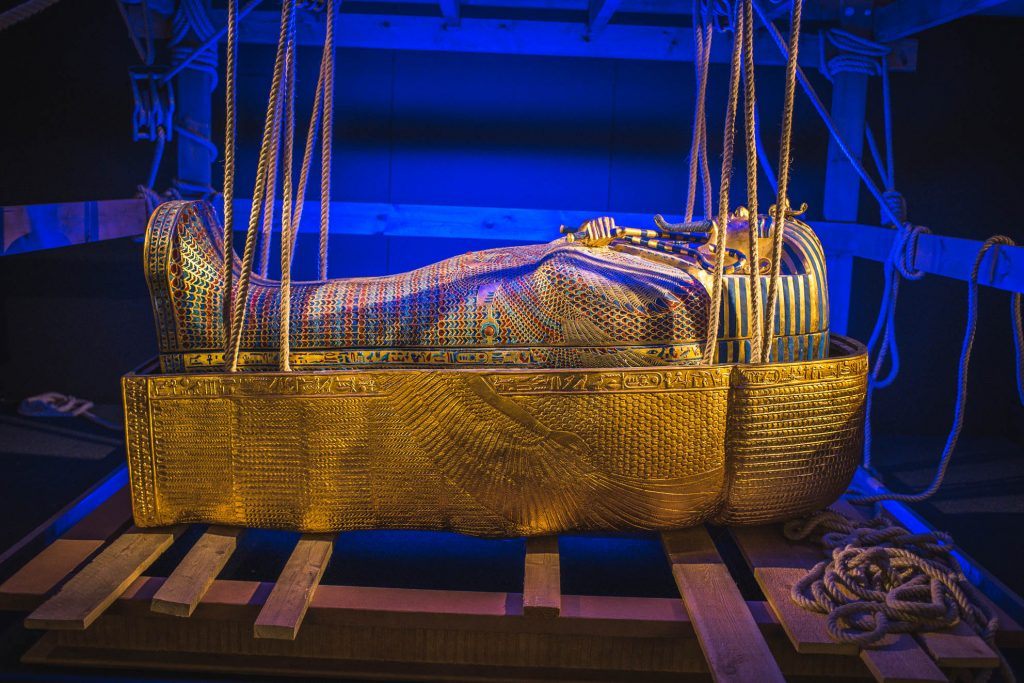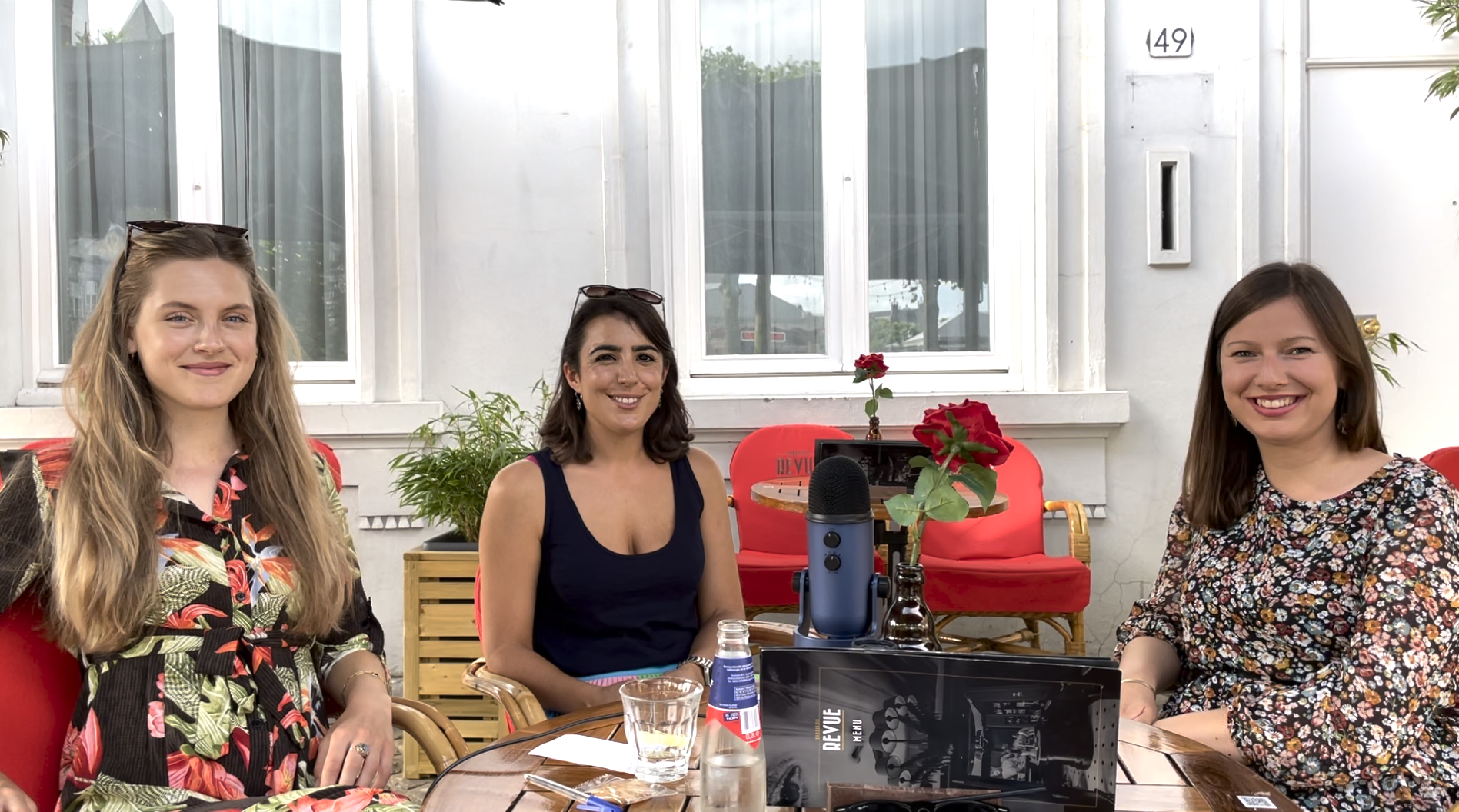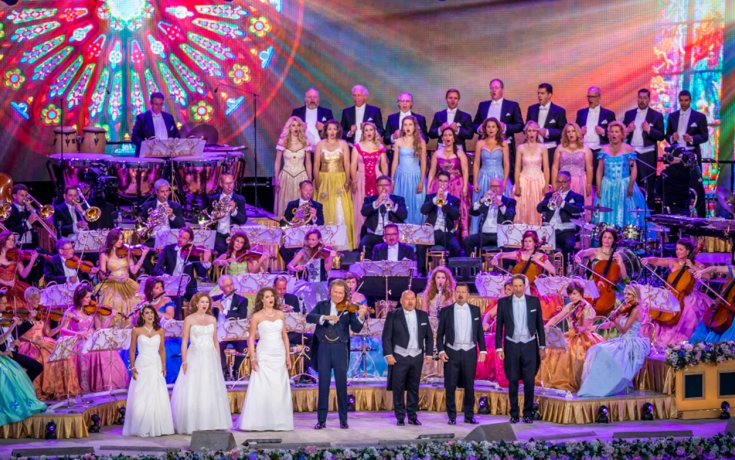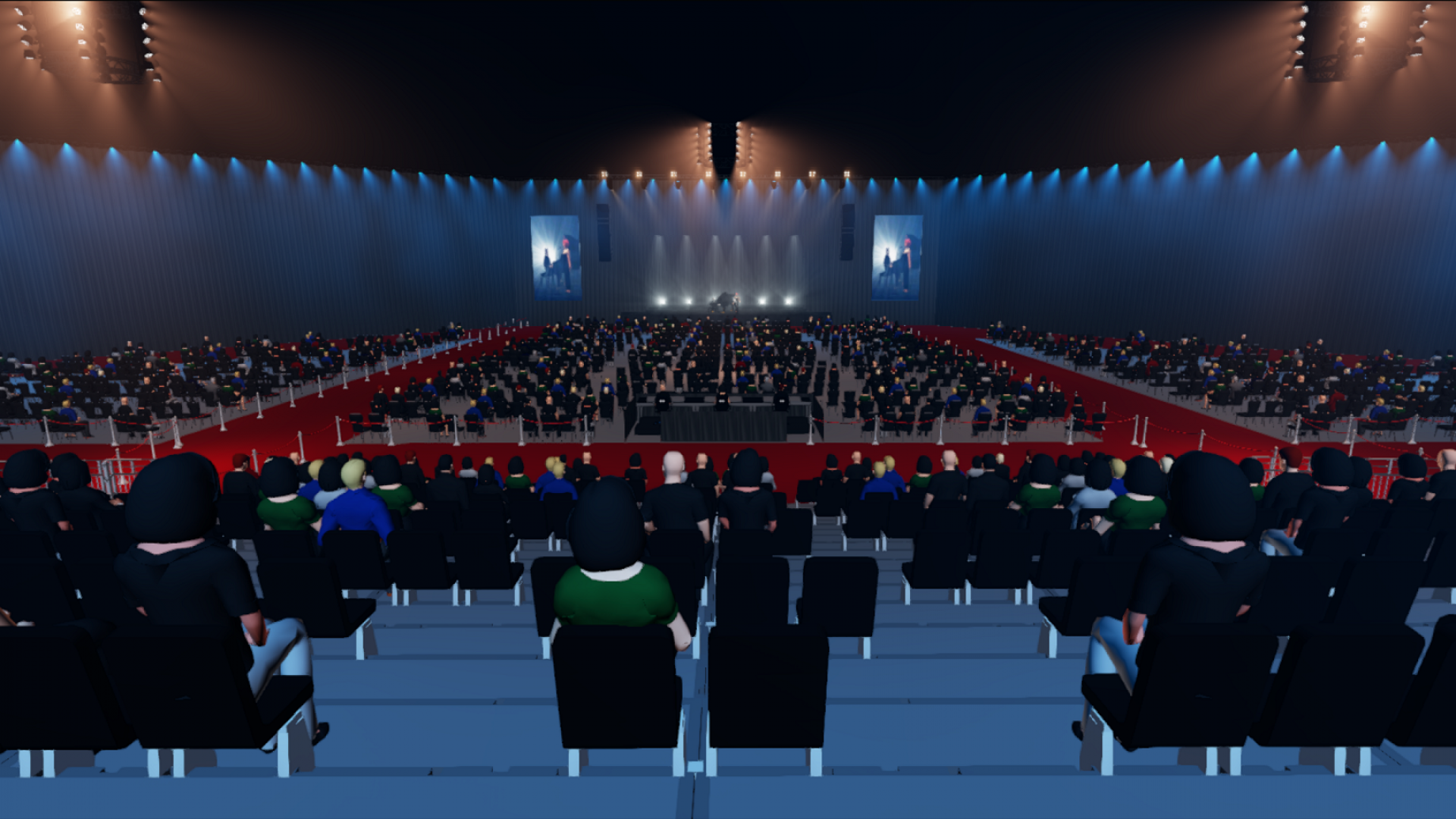
- 06/14/2021
- Maastrichter
In November 2020, I had the pleasure of speaking with the talented French soprano, Marion Dumeige, after her concert at the Theater aan het Vrijthof, Maastricht, was postponed. Marion is a finalist in the Dutch Classical Talent Award and Tour. We meet via video call due to the current COVID-19 measures.
What exactly is the Dutch Classical Talent Award and Tour?
“This is a competition that masters students or recent masters graduates can enter. It can be for any instrument, not only singers, ensembles can also enter. You audition and they pick four finalists. As a finalist, you are given a tour of twelve concerts in the Netherlands. You also receive a budget for development. This can be put directly into your show or used for personal development like singing lessons or coaching.”
It seems like a brilliant initiative for musicians at the beginning of their career, not just for the performance experience, but the responsibility of liaising with theatres and essentially wearing the hat of performer, director and producer.
The repertoire in Marion’s concert includes Mozart and Puccini arias followed by some lieder.
What is currently your favourite piece to sing?
“There are two. The one I like the most to sing is ‘Si, mi chiamano Mimi’. It’s the first piece in the show and really describes the character. The main character, who I am playing, and her future lover meet and have this totally unexpected date because they have such a connection from the beginning. It’s the first time she’s been in love, so she’s totally all over the place like ‘what’s happening to me? What are these feelings?’ She’s very poetic and opens up about how she likes to feel the new sun on her skin. So yeah, I really love this piece.
Then towards the end of the show, the ‘Kaddish’ from Ravel. It’s a Jewish prayer. I’m not religious, so it’s not the fact that it’s Jewish, but there is something very spiritual about this piece. It’s very deep and I feel all the pain in the world in the music. A universality which goes beyond nationality or religion. For me, he’s managed to transmit into notes, a pain.”
(I plan to ask this question again when we meet before the rescheduled concert in the summer and am curious to see if the answer will change).
What did you choose to use the money from the Dutch classical Talent Award for?
We joke that paying the rent can be good for your development…but I find the actual answer really inventive.
Most of the money was used to pay a narrator to communicate with the audience and tell the story in Dutch. As the concerts are in the Netherlands, where she studied, Marion wanted to make the performance really accessible to Dutch audiences despite singing the pieces in the original languages. A brilliant idea, given that classical music and opera can be criticized for its elitism.
Audience participation takes the idea a step further. At a crossroad in the story, they are asked what decision the heroine should take. The outcome of this determines what the final song of the show will be.
Of course, it’s impossible to speak to any artist (or human) without discussing the impact that the pandemic has had on the them or their industry.
How has COVID-19 affected you personally? What are your views on how the music industry as a whole will be affected?
“For the music industry, I don’t think we’ve seen the bottom of it. It’s hard to have a clear conclusion already. I’m a bit worried that it’s going to be devastated. It’s just not a priority and there is no money. Not just that there is no money, but it’s losing so much that to recover from that is going to be tricky. But I have the feeling that people still want to see shows and people are interested in arts. I’m not worried that audiences won’t be there because they came back already though corona was still very much there. I think on the long term, we will get back to it.
On a personal level, it made me realise how lucky I am. I really love being on stage and sharing with the audience. I’m really lucky to do what I like and every show is quite a blessing. This situation put back some values there.”
Her last sentiment is one that I and all musicians can relate to.
During the first lockdown, did you develop any new skills or strange habits? Did you make a lot of banana bread (as seemed to be the social media trend)?
“I started jump roping and to run a little bit more. I also started learning German. I was doing Duolingo in German and watching TV shows in German. From French to German, for me it’s like a nightmare. I don’t get the language easily so it’s really a lot of work.”
So no banana bread…but a much more beneficial skill, particularly for a career in opera.
Have you managed to do any performances recently?
“Last week, we went to Eindhoven and we had a livestream there. We were supposed to have a normal concert but it was cancelled so they offered us the opportunity to do a live stream. It was really cool as I shared it with my family and they shared it a lot. So a lot of members of my family looked at it, like my grandmother who could never drive to Eindhoven because she lives in France.
It was really heartwarming.
It was such a good moment. To know that all those people and my parents were watching, you know, I felt it during the show. I felt a presence. So that was really great.”
We think that we get the energy directly from the audience but the fact that you might be able to feel that presence when you know that your loved ones are out there and watching is really lovely.
To close our conversation, Marion tells me a bit more about her ‘team’. For her concert series, she works with pianist, Aarón Ormaza Vera and Boudewijn Ruigrok performs the role of narrator (although he seems to have had a varied career with credits as singer, musical director and composer/arranger). Marion met Aarón early on in their studies in lieder class at the conservatory. In lieder class, a pianist and singer are paired together to perform classical art songs. They immediately had a musical connection and have continued to work together ever since.
What a delight to speak with Marion. It’s a particularly devastating time both mentally and professionally for people at the beginning of their career. To leave their studies full of hope for the future and to be cut down is such a shame. But Marion remains positive and upbeat and speaks with a great deal of passion and focus. I look forward to her rescheduled concert in spring 2021.
Christina Petrou
You can download the interview video from here




